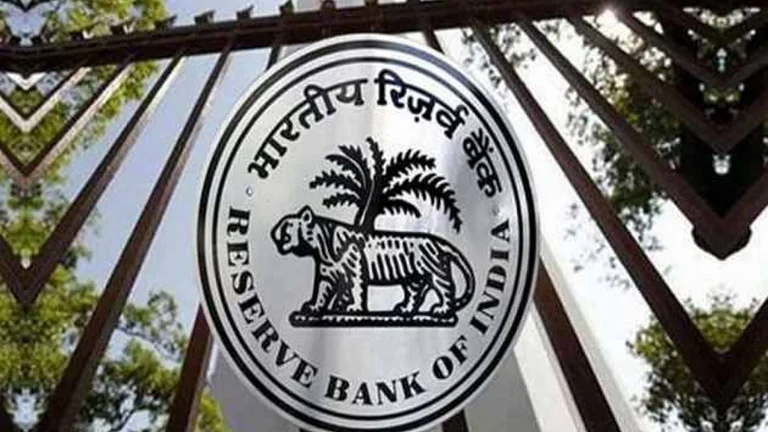The Reserve Bank of India (RBI) came up with new guidelines for Asset Reconstruction Companies (ARCs) to streamline and provide an efficient settlement process for the dues of borrowers. These guidelines were set in motion on January 20, 2025, after a detailed examination of the existing rules and regulations. The new guidelines will be beneficial in increasing transparency and protecting the interests of both borrowers and financial institutions.
RBI Amends Directions For Settlements By ARCs With Borrowers
New directions aim at increasing transparency and fairness in the process of resolving non-performing assets
The changes mainly impact the settlements for the borrowers who have defaulted on loans and whose debts are managed by ARCs. They form an important part of NPA recovery, purchasing bad loans from banks and other financial institutions and working to solve them. The RBI guidelines brought in more stringent measures to ensure settlements are both fair and efficient by safeguarding the integrity of the recovery process.
One of the changes is the introduction of a Board-approved policy to settle through an ARC. There should be various policies regarding the eligibility for one-time settlements, acceptable sacrifice in respect of various categories of exposures, and the methodology followed for arriving at the realisable value of the securities held by the borrower. Such steps are in place to make sure that the amount received for settling is realistic and comparable to the borrower's assets value.
In regard to RBI guidelines, the settlements should be approached only when other avenues of recoveries through all available measures are thoroughly scanned and scrutinized. The guideline relating to new amendments imposes restraint in the way that the amount of the sum agreed to and settled shall have a net present value not being generally lower than the realizable value of concerned securities. If there is an essential difference in the initial valuation of the securities at the time of acquiring the loan and its value assessed at the time of settlement negotiations, then the rationale for such difference must be sufficiently documented.
In this regard, new provisions have also been added that deal with settlements of borrowers where outstanding balances are more than Rs 1 crore. In such cases, settlement proposals need to be brought before an independent advisory committee known as IAC, consisting of professionals in finance, law, etc. Such IAC will scrutinize and evaluate the financial position of the borrower, analyse cash flow statements, ascertain the time needed to recover, and give appropriate recommendations based on whether it is worthwhile to have a settlement.
For accounts up to Rs 1 crore, ARCs can follow their internal processes. Still, there are many such things in place. For instance, any functionary who has dealt with the consideration flow of the acquisition cannot participate in any way in the processing or approval for settlement. There must be quarterly reports to the Board of Directors.
The new rules further place more stringent conditions on the settlement with respect to the persons classified as wilful defaulters or fraudsters. For those cases also, the new directives are likely to enforce the independent review and approval procedures so that settlements are made in the best interests of all parties and in a manner that does not prejudge the results of ongoing criminal investigations.
As part of a general drive to manage the growing threat of NPAs in India's financial sector, the RBI revised its guidelines to strengthen the settlement framework and rebuild confidence in the ARC sector. Simultaneously, the central bank aimed to encourage responsible recovery practices that would benefit the economy at large as well as financial institutions and treat borrowers justly.
